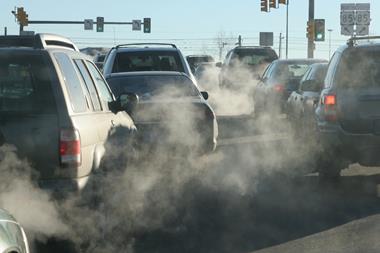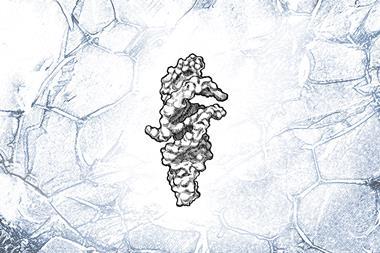Safety rules backed by MEPs a threat to farmers, say agrochemical producers
Agrochemical producers have warned that amendments to new European Union legislation on pesticides will lead to a drastic reduction in the crop protection agents available to farmers if they become law.
The European Parliament backed the changes on 23 October, voting in favour of tighter safety rules that would prohibit pesticides containing, for example, neurotoxic chemicals or substances poisonous to bees. MEPs also voted in favour of drawing up a list of acceptable active substances at EU level that would provide the basis for approvals of new pesticides by member states.
The additional proposed cut-off or hazard criteria would effectively ban 75 per cent of the active ingredients used in pesticides and remove over 90 per cent of insecticides from sale, according to the European Crop Protection Association (ECPA), which represents agrochemical producers.
’European consumers repeatedly say they want more, affordable, fresh fruit and vegetables that are produced locally,’ says Friedhelm Schmider, the ECPA’s director general. ’But MEPs have made it harder to meet that demand by denying farmers the tools they need to produce sufficient quantity at a price that is affordable to all.’
The association claimed that the EU’s agri-food industry, which is a global leader, would be forced to import more food from outside the EU at a time when export markets are contracting.
Parliament also decided that most new substances would be approved initially for 10 years but that those which could be replaced by less toxic substances would be approved for only five years to encourage the use of non-chemical alternatives. The European Commission had proposed that this shorter approval period should be seven years.
MEPs also rejected a Commission proposal that subsequent renewals should be for unlimited periods. Instead they backed a system under which approvals would be renewed ’once or repeatedly for a period not exceeding 10 years’.
They also endorsed a ban on aerial spraying of pesticides and prohibitions and restrictions on the use of pesticides in public parks and sports grounds.
The parliament did, however, vote against a proposal for EU-wide targets for pesticide reduction. It also rejected that the idea that National Action Plans to cut pesticide use should be funded by levies or that an EU-level tax should be introduced to discourage pesticide use.
The legislation with parliament’s amendments will now be debated by the Council of Ministers, representing the governments of the EU’s 27 member states. The Council’s own amendments will then be put before the parliament for a second reading some time next year.
’In the end we expect that parliament will have to reach a compromise on these additional cut-off criteria with the Council, which is unlikely to accept that the vast majority of insecticides will have to be taken off the market,’ an ECPA official said.
Sean Milmo
References






No comments yet